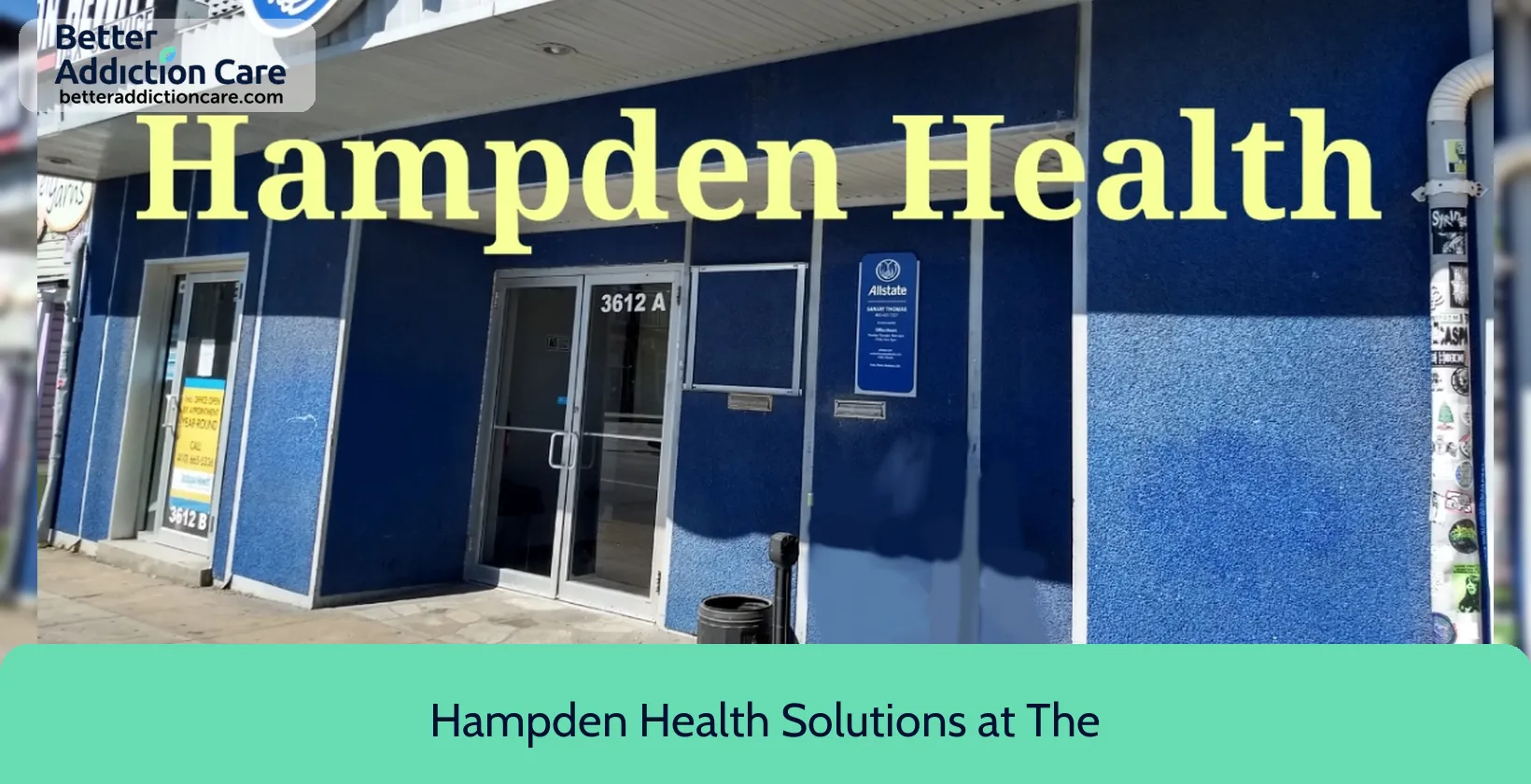Overview
Hampden Health Solutions at The Rail is an accredited substance abuse treatment center that provides outpatient treatment for men and women between 18 and 65+ years of age. As part of their special programs, Hampden Health Solutions at The Rail To help patients achieve sobriety, Hampden Health Solutions at The Rail provides intake assessments. Afterward, patients receive cognitive behavioral therapy, telemedicine/telehealth therapy, and substance use disorder counseling during treatment. Hampden Health Solutions at The Rail is located in Baltimore, Maryland, providing treatment for people in Baltimore City County, accepting cash or self-payment, medicaid, and medicare.
Hampden Health Solutions at The Rail at a Glance
Payment Options
- Cash or self-payment
- Medicaid
- Medicare
- Federal military insurance (e.g., TRICARE)
- Sliding fee scale (fee is based on income and other factors)
Assessments
- Screening for tobacco use
- Comprehensive substance use assessment
- Screening for substance use
- Complete medical history/physical exam
Age Groups
- Young adults
- Adults
- Seniors
Ancillary Services
- Case management service
- Opioid use disorder clients only
Highlights About Hampden Health Solutions at The Rail
6.79/10
With an overall rating of 6.79/10, this facility has following balanced range of services. Alcohol Rehabilitation: 8.00/10, Drug Rehab and Detox: 6.31/10, Insurance and Payments: 6.00/10, Treatment Options: 6.85/10.-
Alcohol Rehabilitation 8.00
-
Treatment Options 6.85
-
Drug Rehab and Detox 6.31
-
Insurance and Payments 6.00
Accreditations
Drug Enforcement Agency (DEA):
DEA accreditation refers to the process by which a law enforcement agency is recognized by the Drug Enforcement Agency (DEA) as having met specific training, operational, and resource requirements necessary to participate in DEA-led drug enforcement efforts. This accreditation allows the agency to perform DEA-related tasks such as conducting investigations, executing federal search warrants, and participating in joint task forces.
SAMHSA certification for opioid treatment program (OTP):
SAMHSA's Opioid Treatment Programs (OTP) accreditation is a prestigious recognition that signifies a program's compliance with stringent standards and guidelines established by the Substance Abuse and Mental Health Services Administration (SAMHSA). This accreditation demonstrates an OTP's commitment to providing high-quality, evidence-based care for individuals struggling with opioid use disorder (OUD). It serves as a trusted symbol of accountability and excellence, assuring patients, families, and communities that the OTP offers safe, effective, and comprehensive treatment options for OUD.
Commission on Accreditation of Rehabilitation Facilities (CARF):

CARF accreditation is a prestigious recognition for rehabilitation and human service organizations. It signifies that an organization meets high-quality standards and is committed to providing top-level care. CARF conducts rigorous evaluations to ensure compliance, enhancing an organization's credibility and reassuring clients and funders of exceptional service quality. This accreditation promotes excellence and continual improvement in the rehabilitation and human services field.
Registration: 232620
State department of health:

Government agencies issue State Licenses, granting permission to rehabilitation organizations to conduct their business operations lawfully within specific geographic regions. Generally, the particular rehabilitation programs offered by a facility and its physical location dictate the necessary licenses needed for legal operation.
Treatment At Hampden Health Solutions at The Rail
Treatment Conditions
- Alcoholism
- Substance use treatment
Care Levels
- Outpatient
- Outpatient methadone/buprenorphine or naltrexone treatment
- Regular outpatient treatment
- Aftercare
Treatment Modalities
- Cognitive behavioral therapy
- Telemedicine/telehealth therapy
- Substance use disorder counseling
- Group counseling
- Intervention Services
Ancillary Services
Additional Services
- Pharmacotherapies administered during treatment
- Housing services
- Breathalyzer or blood alcohol testing
Get Help Now
Common Questions About Hampden Health Solutions at The Rail
Contact Information
Other Facilities in Baltimore
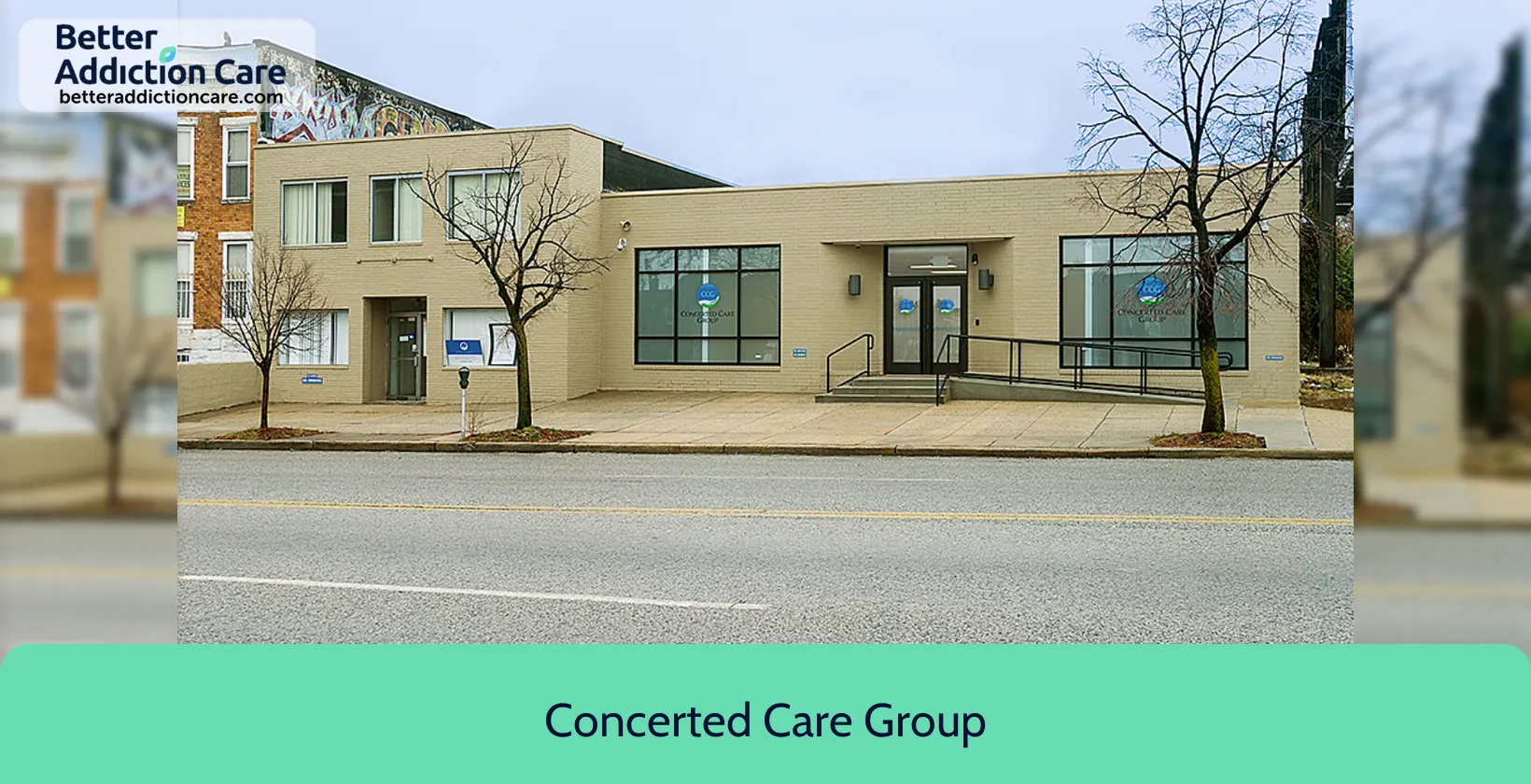
7.69
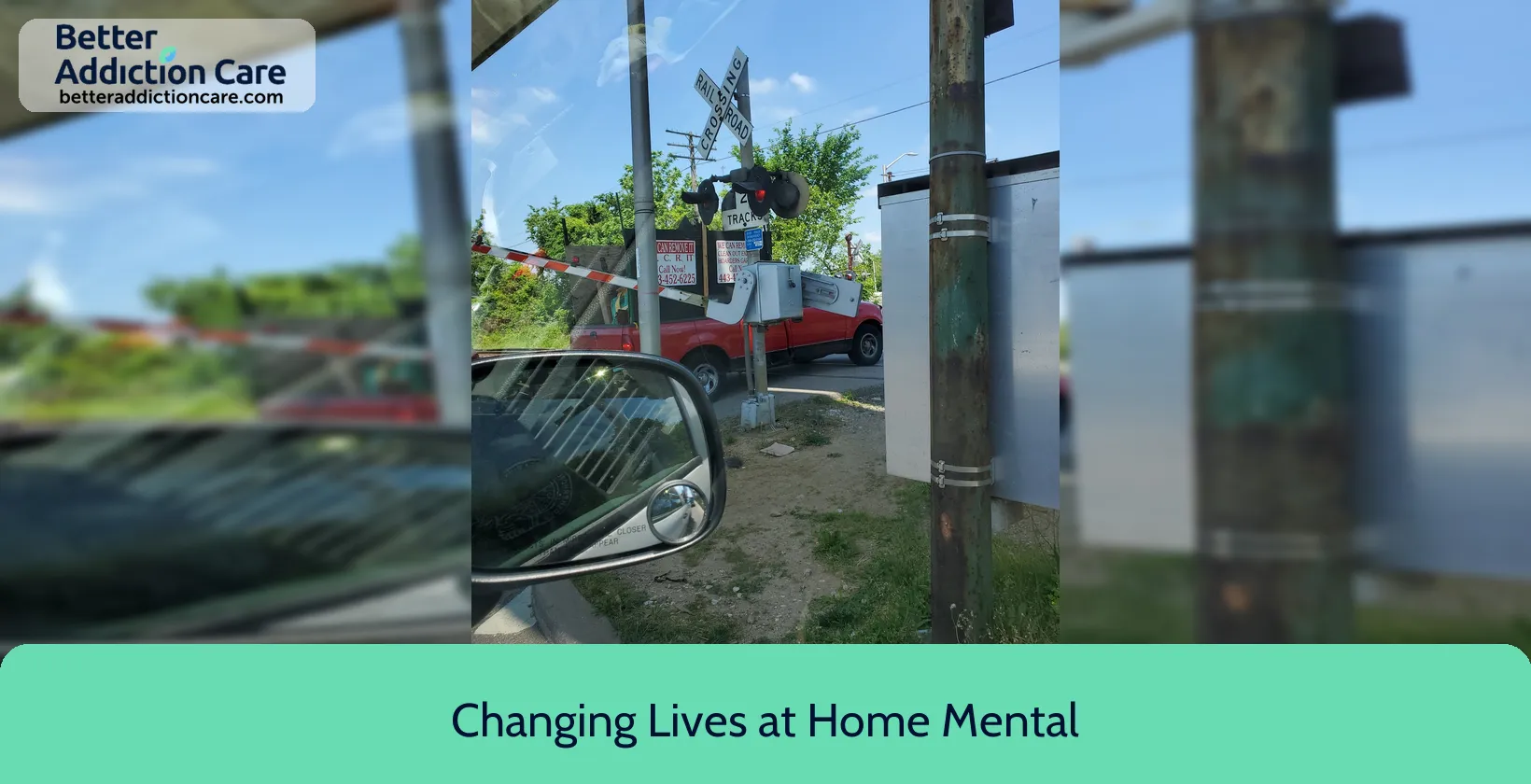
7.68
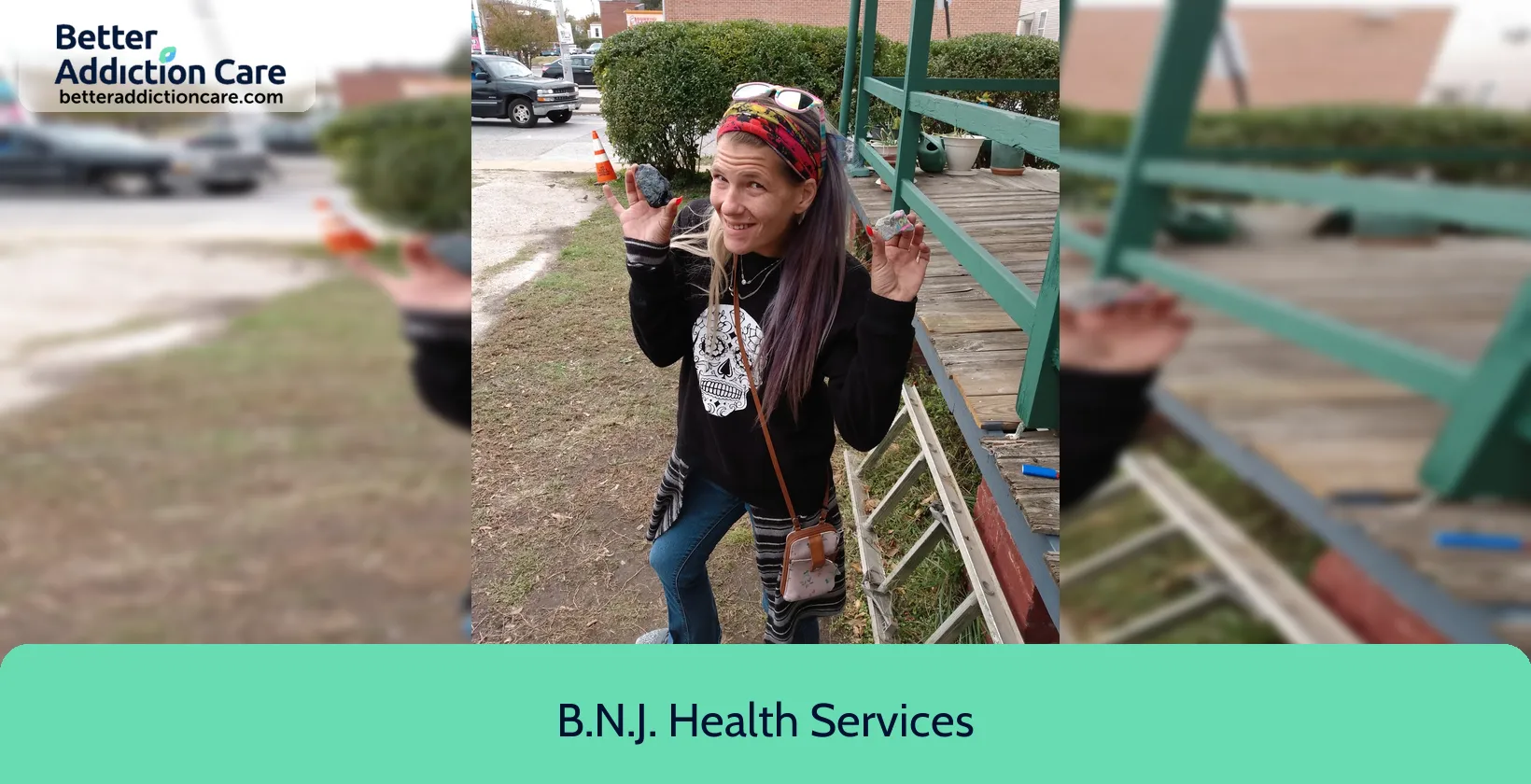
7.07
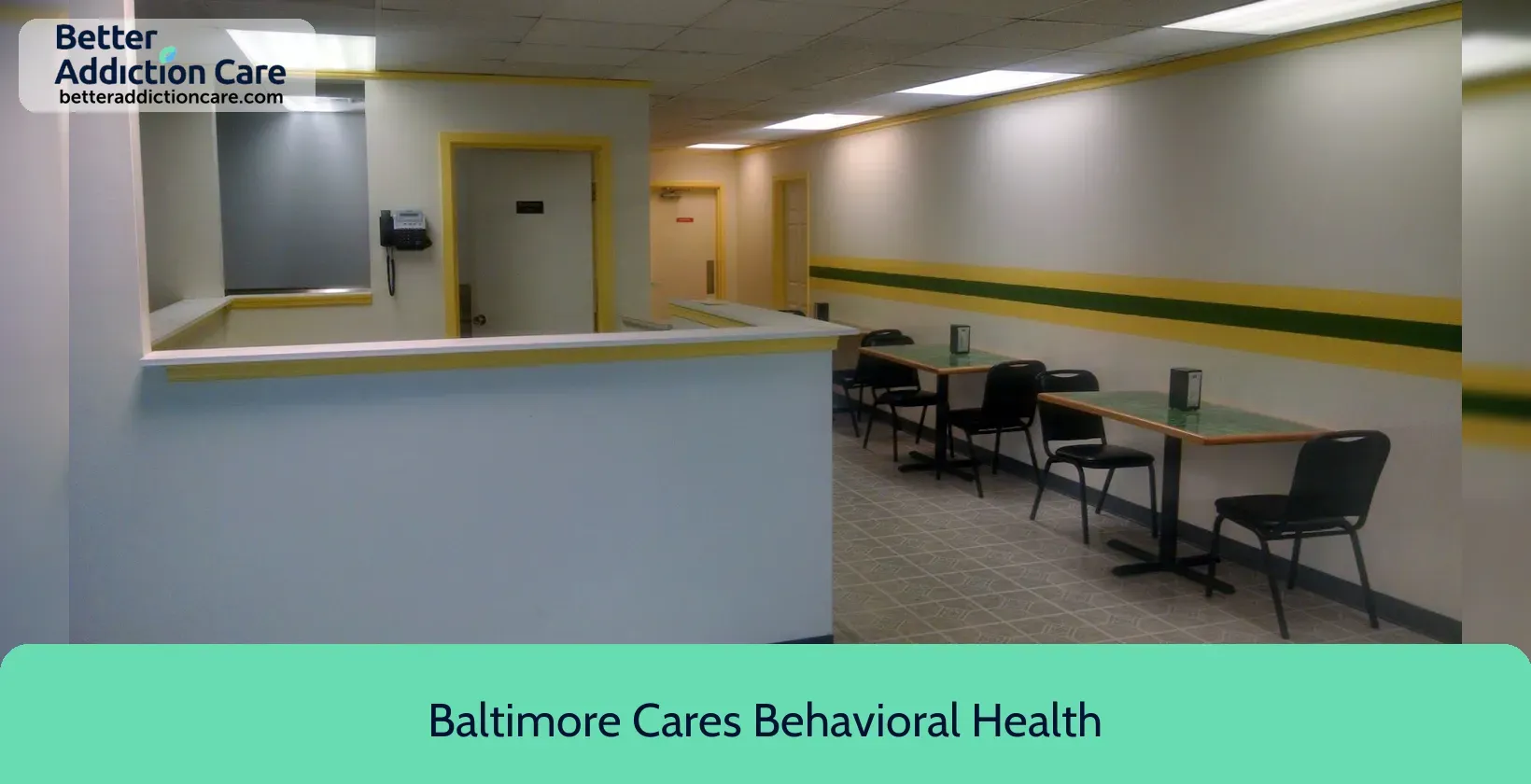
7.25
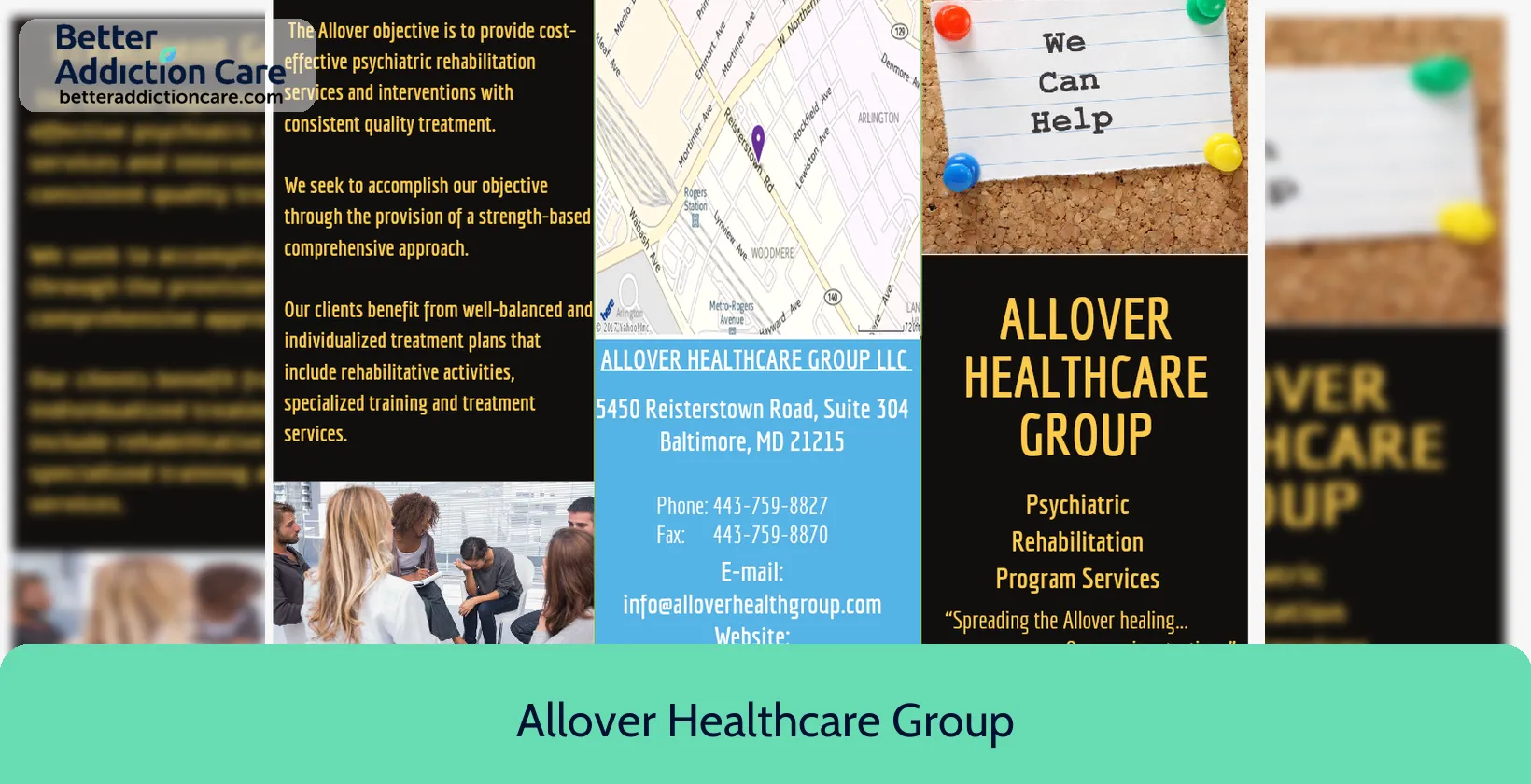
7.11

6.68

7.79

7.33
DISCLAIMER: The facility name, logo and brand are the property and registered trademarks of MedMark Treatment Centers - Cherry Hill, and are being used for identification and informational purposes only. Use of these names, logos and brands shall not imply endorsement. BetterAddictionCare.com is not affiliated with or sponsored by MedMark Treatment Centers - Cherry Hill.
